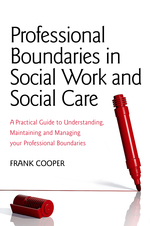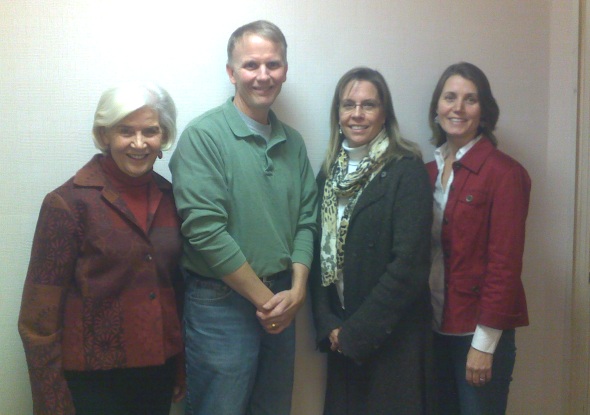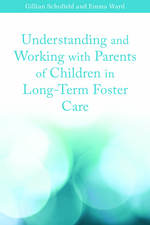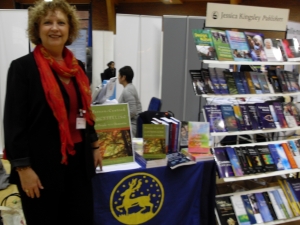Using PACE to create loving attachments – An Interview with Kim S. Golding and Daniel A. Hughes
“I think the top tip with regard to playfulness is to embrace the playful moment. These are the moments that hold the relationships together, get us through the tough times and stay with us long after the moment has passed.”









